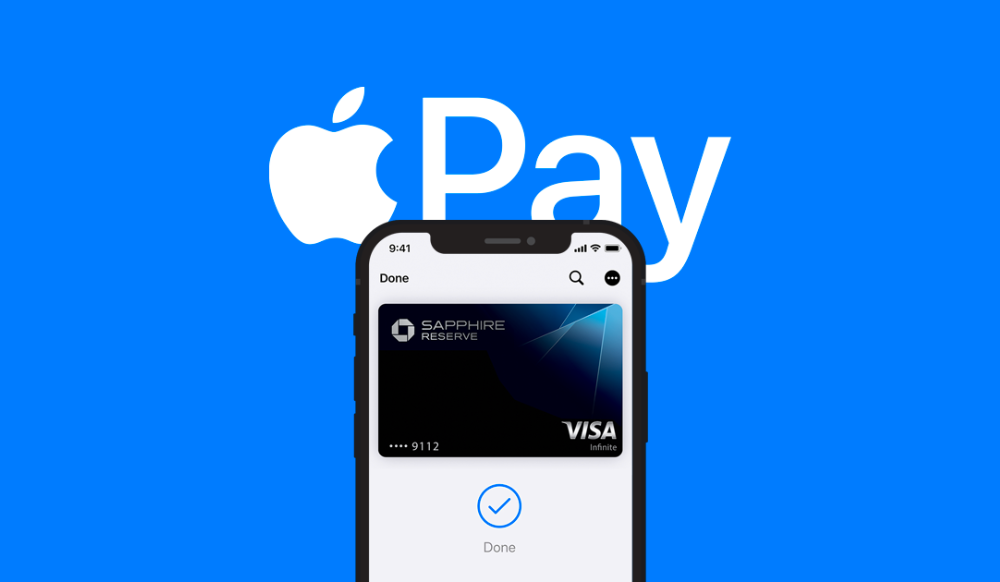Apple Pay could soon be available in India – Times of India
The company plans to discuss with NPCI (National Payment Corporation of India) about launching their payment service, Apple Pay, in India, reports TechCrunch, citing two unnamed sources familiar with the development.
India’s UPI-enabled payment service market is dominated heavily by Google’s GPay, Walmart’s PhonePe, and Paytm. However, Apple seems keenly interested in entering the market despite the competition, tell the sources.
During his recent visit to India this year, Tim Cook, Apple’s CEO, reportedly met with bankers to discuss the development of a localised version of Apple Pay. This version will be built on top of UPI, while the service in other regions uses debit and credit cards, and there is no word on whether the same would be offered in India.
Apple wants iPhone users in India to scan QR codes and make UPI transactions without using a separate app. In talks with Indian authorities, Apple has proposed that Apple Pay could use iPhone’s Face ID for UPI authentication.
Sources say the company has yet to decide on its partners and launch date, indicating that the launch is still a few quarters away.
Apple is also considering partnering with HDFC Bank to introduce a co-branded credit card in India, but the talks are still in the early stages.
It is unclear if Apple will offer similar benefits it offers to Apple Card holders in the US, as the standard co-branded credit card model in India does not allow the same. The Reserve Bank of India has advised Apple to follow standard procedures for co-branded credit cards.
The development comes nearly six years after Apple first discussed the possibility of offering its payment service in India. Apple’s senior VP, Eddy Cue, said in an interview in 2017 that Apple Pay would soon be introduced in India.
Apple Pay is currently available in over 80 countries worldwide, and the iPhone maker also offers a credit card, Apple Card, and a savings account in the US.
function loadGtagEvents(isGoogleCampaignActive) { if (!isGoogleCampaignActive) { return; } var id = document.getElementById('toi-plus-google-campaign'); if (id) { return; } (function(f, b, e, v, n, t, s) { t = b.createElement(e); t.async = !0; t.defer = !0; t.src = v; t.id = 'toi-plus-google-campaign'; s = b.getElementsByTagName(e)[0]; s.parentNode.insertBefore(t, s); })(f, b, e, 'https://www.googletagmanager.com/gtag/js?id=AW-877820074', n, t, s); };
window.TimesApps = window.TimesApps || {}; var TimesApps = window.TimesApps; TimesApps.toiPlusEvents = function(config) { var isConfigAvailable = "toiplus_site_settings" in f && "isFBCampaignActive" in f.toiplus_site_settings && "isGoogleCampaignActive" in f.toiplus_site_settings; var isPrimeUser = window.isPrime; if (isConfigAvailable && !isPrimeUser) { loadGtagEvents(f.toiplus_site_settings.isGoogleCampaignActive); loadFBEvents(f.toiplus_site_settings.isFBCampaignActive); } else { var JarvisUrl="https://jarvis.indiatimes.com/v1/feeds/toi_plus/site_settings/643526e21443833f0c454615?db_env=published"; window.getFromClient(JarvisUrl, function(config){ if (config) { loadGtagEvents(config?.isGoogleCampaignActive); loadFBEvents(config?.isFBCampaignActive); } }) } }; })( window, document, 'script', );
For all the latest Technology News Click Here


